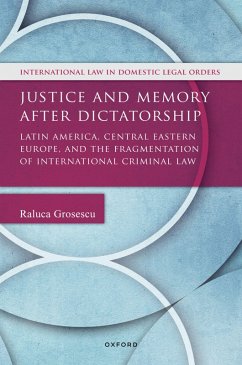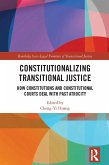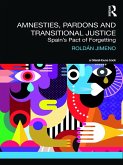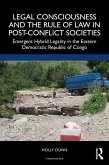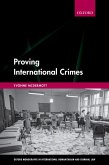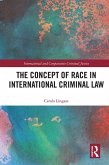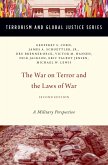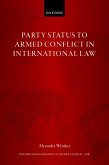After the fall of military and communist dictatorships at the end of the 1980s, Latin American and Eastern European countries had to reckon with atrocities perpetrated by these Cold War regimes. Judges, prosecutors, and human rights campaigners across the two regions constructed novel readings of international criminal law to fight impunity and realize justice for gross human rights violations. Justice and Memory after Dictatorship: Latin America, Central Eastern Europe and the Fragmentation of International Criminal Law provides a groundbreaking socio-historical account of the global transformation of international criminal law from these two semi-peripheries of the world system. Based on ethnographic observation and analyses of jurisprudence, Raluca Grosescu dissects the narratives that were fundamentally shaped by the relationship of law and politics. Using paradigmatic cases and personal interviews with lawyers and judicial officials from Latin America and Eastern Europe, Grosescu uncovers how legal actors and organizations were instrumental in questioning an international order that marginalized the political violence that had unfolded in the two regions during the Cold War. Justice and Memory after Dictatorship is a significant volume in modern international criminal and human rights law and an important read for scholars, students, and legal practitioners alike.
Dieser Download kann aus rechtlichen Gründen nur mit Rechnungsadresse in A, B, BG, CY, CZ, D, DK, EW, E, FIN, F, GR, HR, H, IRL, I, LT, L, LR, M, NL, PL, P, R, S, SLO, SK ausgeliefert werden.

